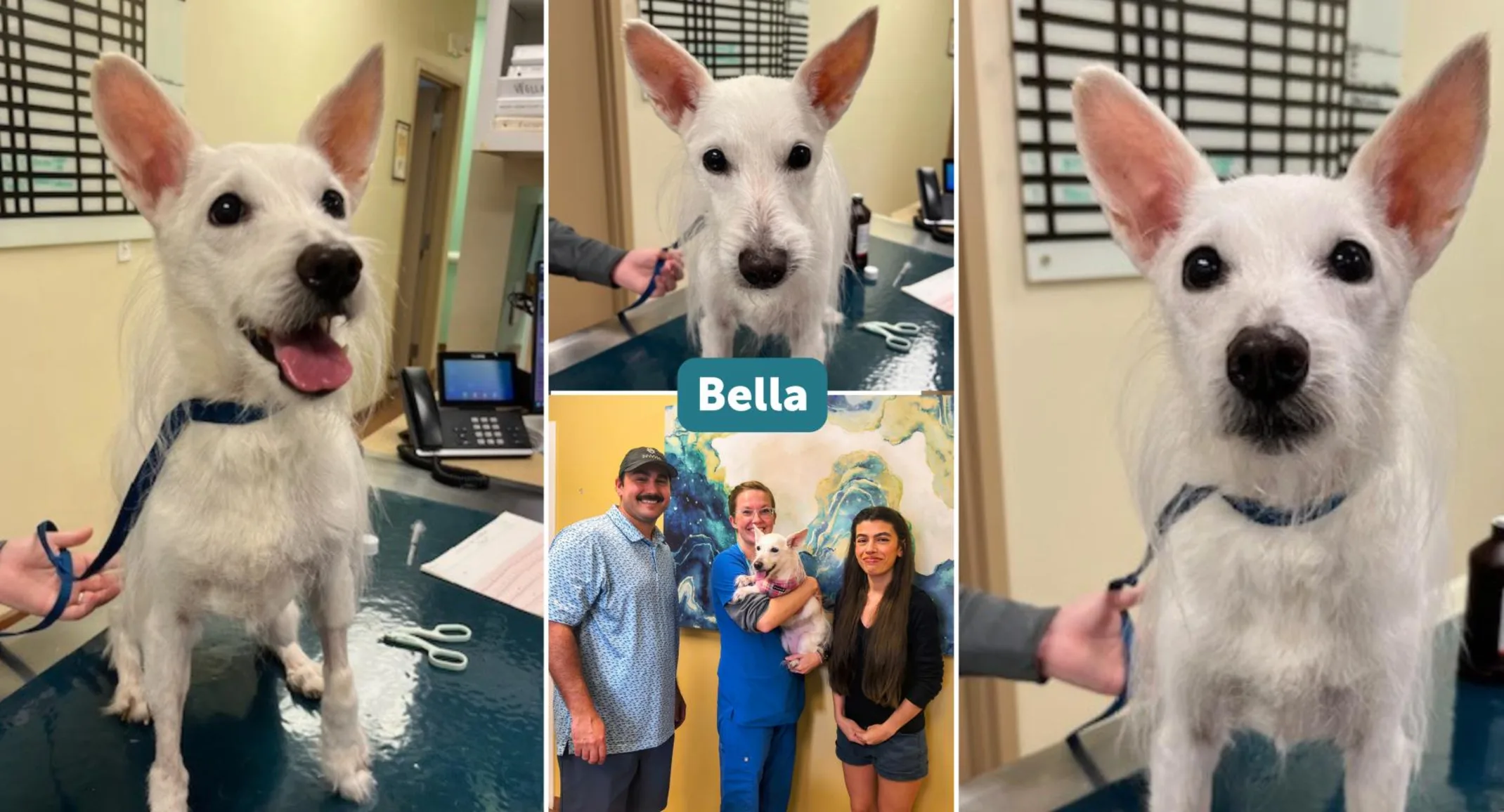Bella’s Journey: Overcoming a Complex Medical Crisis
General

When Bella came through our doors on March 11th, her family thought they were facing a simple stomach upset. She had been vomiting, was unusually tired, and just didn’t seem like herself. Within hours, it became clear that Bella’s condition was far more serious, and that she would need emergency surgery to save her life.
The Diagnosis
Initial testing, including an abdominal ultrasound, revealed gallstones blocking her gallbladder and thickened bile, along with signs of pancreatitis (inflammation of the pancreas). Without intervention, these issues could have led to life-threatening infection and liver damage.
Dr. Rudd recommended immediate surgery, a cholecystectomy (gallbladder removal), to relieve the obstruction and address the gallbladder disease. During surgery, biopsies were also taken from her liver and intestines to rule out other concerns. The procedure went smoothly, but Bella’s road to recovery was only just beginning.
Unexpected Complications
In the days after surgery, Bella developed a range of complications:
Heart rhythm disturbances (ventricular arrhythmias) that required medication to control.
Low protein levels (hypoalbuminemia), which led to fluid buildup in her abdomen (ascites) and contributed to weakness.
Neurological signs, including lethargy, confusion, and even a seizure, most likely related to
hepatic encephalopathy, a condition where the liver can’t filter toxins from the blood effectively.
Intestinal inflammation, confirmed on biopsy, and ongoing pancreatic irritation.
Our medical team worked tirelessly to address each problem, adjusting medications, providing nutritional support through a feeding tube, and keeping Bella closely monitored.
The Turning Point
By March 16th, Bella’s protein levels were still too low, and her energy was fading. That’s when we gave her a fresh frozen plasma transfusion, a therapy that can help restore important blood proteins and clotting factors. The effect was almost immediate: her energy improved, her appetite returned, and her fluid buildup began to resolve.
Going Home
On March 18th, Bella walked out of FVRC brighter, more alert, and eating on her own. She went home on heart medications, liver support supplements, and a specialized diet to help her continue healing.
Today, Bella is thriving at home and improving with every recheck. Her journey is a testament to the importance of early diagnosis, comprehensive care, and the incredible resilience of our patients.
What Pet Owners Can Learn from Bella’s Case
Vomiting and lethargy should never be ignored. They can be signs of serious internal problems, not just “something they ate.”
Gallbladder disease is common in dogs and can quickly become life-threatening if left untreated.
Multisystem complication (heart, liver, pancreas, intestines) can occur together, requiring a coordinated care approach.
With timely treatment and dedicated care, even the most complex cases can have a happy ending
.
If your pet is showing unusual symptoms, especially sudden vomiting, weakness, or behavior changes, don’t wait. Early veterinary intervention can make all the difference.
You can view the forms in PDF format by downloading the free Adobe Acrobat reader.
